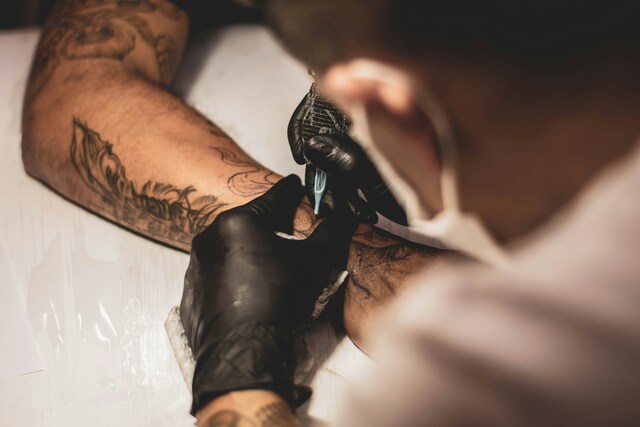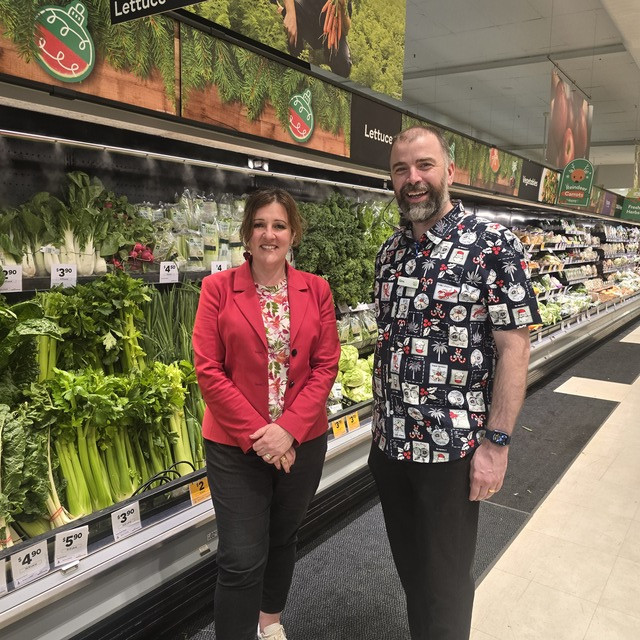I got tattoos for purely antisocial reasons, and now people do it for social acceptance. I miss individualism. Mike Ness, musician.
As the warmer weather finally arrives and we shed our winter gear for lighter and more revealing clothes and expose more skin, it appears that more and more of us are getting ‘inked’.
No longer confined to criminals, sailors, carnies or showies, tattoos are still less common to spot among professions such as doctors, lawyers, politicians and also older Australians.
It’s the Millenials and the GenZs both men and women who are embracing the tattoo culture.
Tattoos are not a modern phenomenon.
In ancient cultures tattoos were far more than mere decoration: they were tied to cultural identity, spirituality and social status. In some cultures they persist in this role.
The word tattoo in the context of body art comes from the Polynesian tatau meaning to mark or strike.
In case you’re wondering about the connection to ceremonies such as The Edinburgh Military Tattoo this origin dates to a 17th century Dutch phrase doe den tap toe meaning to turn off the taps, a signal for soldiers to return to barracks and for taverns to stop serving beer.
There have been times when tattoos were a mark of cruel dehumanization as in the forced tattooing of Holocaust victims.
For survivors the tattoo had deep significance and now some descendants are choosing to replicate the numbered tattoo of a family member as a means of remembering.
Excerpt: My Grandmother’s Tattoo by Julia Kasdorf
… She let me trace
the lines: small, neat digits
inked into the soft flesh of her forearm.
“It’s a tattoo,” she said.
“From a camp
Defenders of tattoos regard them as a declaration of individuality or a rebellion against conformity.
They also see tattoos as reminders of meaningful life experiences, laid out on their skin as for all to see. It appears that expressing your individuality through actions, opinions and deeply informed conversations or even style of dress is no longer enough.
Also the expression of individuality argument does not hold up when a tattoo choice is based on following current trends or fashion dictated by celebrities.
Then there is the question of tattoos as fine art. Undoubtedly there are tattooists whose work is being recognized as fine art, but they come at a hefty price.
The problem is that tattoos are impermanent and the art work is lost when the person dies.
When in the early 20th century Japanese pathologist, Dr. Fukushi Masaichi began removing skins from corpses as part of research into skin lesions he never anticipated that today an enterprising father and son duo of embalmers, Save My Ink Forever, would set up in Ohio a flourishing business of preserving the nominated tattooed part from a dead loved one and transform it into a framed loving tribute.
Getting a tattoo is a long term investment and a momentary decision can lead to regret.
Designs evolve over time as trends change and lose their allure when sentiments or tastes may not remain relevant.
As Ariane Grande sings:
And if I’d known, if I’d known, if I’d known
If I’d known you’d rip it apart
Oh, I wish I didn’t get your name tattooed on my heart
Having a tattoo should also involve health considerations.
To begin with, strict hygiene practices are needed.
Certain skin conditions like eczema and psoriasis can cause adverse reactions.
Similarly, blood disorders, allergies, autoimmune disorders, diabetes, heart conditions and pregnancy should be a cause to stop and rethink.
After all, the process involves injecting a toxic substance into your body.
And as skin cells are constantly dying and being replaced, toxic chemicals in the ink break down and travel in the blood, lodging in the lymph nodes obstructing the body’s ability to fight infections.
Some psychologists have also noted the connection between youth disaffection and tattoos.
Can tattoos be viewed as socially accepted self harm? We know that they are often used by recovering self -harmers to hide the scars on their arms.
And in an age obsessed with looking youthful there should be warnings that tattoos don’t age well.
Exposure to sunlight, friction from clothing may make them fade and become distorted.
So, the image that looked so sexy in your youth may morph into a grotesque one as you age.
Excerpt: Tattoo by Ted Kooser
She regrets the sunburst
on her breastbone, the outline,
which has gone green and blurry.
She regrets how,
without her shirt, she becomes a target,
as though the tattoo is pointing,
Look at me.
Many lament their impulsive decision and seek services to remove a tattoo they now regret.
In the next poem a youthful public display later in life engenders a sense of regret and shame that is palpable.
Excerpt: Anonymous
I thought I’d love it, forever bold,
Now it just feels like a story told
That I wish I hadn’t shared so loud,
Inked on my skin for the whole damn crowd.
We are always evolving according to our life circumstances.
We grow, adapt, survive and change.
And perhaps there is more freedom and individuality in not having skin permanently marked in a way that tethers us to a past we may have long left behind.
Woorilla Poetry Prize Awards Afternoon: 2pm, 17 November at The Hub, Emerald.







